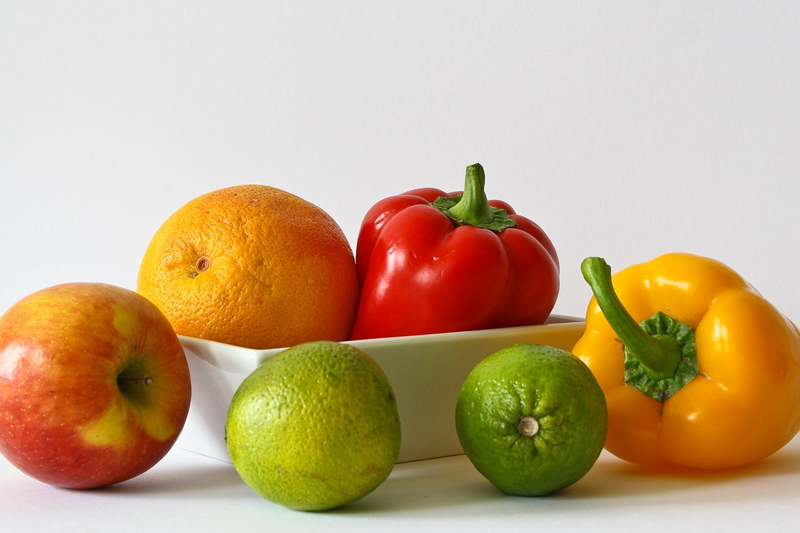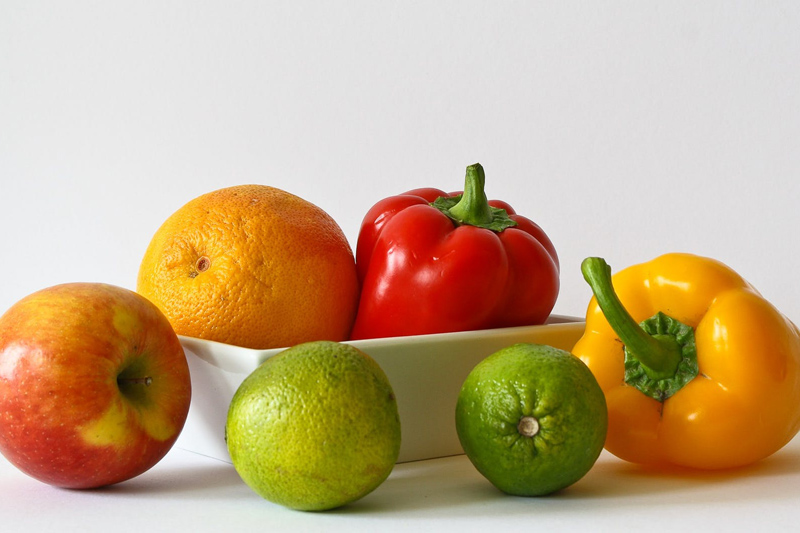Water Everyday --Healthy Beverage Choices

Note: The following article is not medical advise; it is for informational purposes only. Readers should always consult their own health care providers if they have or may have a medical condition for which special nutritional instructions are indicated.
Are the following statements “True” or “False”?
Health experts agree that all adults need at least eight glasses (eight-ounce servings) of water a day.
Caffeinated beverages dehydrate people.
A person is already dehydrated when he starts to feel thirsty.
Bottled water is healthier than tap water.
It's impossible to drink too much water.
All of these statements are at worst, myths, and at best, scientifically unproven, according to Dr. Heinz Valtin, interviewed in the June 2008 issue of Nutrition Action Health Letter. Dr Valtin published research in the November 2002 issue of the American Journal of Physiology that challenges many of our society's believes about the health benefits of water.
Some people in some situations need a lot of water. Strenuous exercise, hot climates, and certain health problems all require a higher fluid intake than usual. And some people, such as the frail elderly, run the risk of dehydration because their thirst center doesn't respond the way it did when they were younger.
However, for healthy, fairly sedentary adults in a temperate climate, six to eight (one-cup) servings of fluid are fine, according to Dr. Valtin. All fluids count; the caffeine in beverages is not high enough for real dehydration. Larger people tend to need more fluids than smaller people; people who get less water in their foods (such as meat eaters) also need more fluids than those who get more (such as vegans), Dr. Barry Popkin writes in the Beverage Guidance Panel report “The US Diet and the Role of Beverage.”
Most of us can trust our thirst to know when to drink. It is very difficult, but not impossible, to be harmed from drinking very large amounts of water. And excessive thirst may be a sign of a serious medical problem, such as diabetes, a matter to discuss with your health care provider.
The Beverage Guidance Panel, centered at the School of Public Health, University of North Carolina (and funded by Lipton Tea's corporate-owner, Unilever), has found that we are drinking more soda and sweetened drinks now than in the late 1970s. And we all know that the size of beverage containers has grown in recent years.
These facts add up to Americans consuming more and more calories through beverages rather than food – a difficult situation for anyone trying lose weight or eat a nutritious diet. If we eat an apple or handful of pretzels, for example, we will feel much more full than if we drink a cup of a soft drink (all are around 100 calories). So, while fruit and fruit juices have similar vitamins, nutrients, and calories, we feel less hungry if we eat an orange rather than a serving of orange juice.
Enjoy these healthy drinks, in moderation:
Skim milk – source of calcium and vitamin D
100% fruit juice – high in vitamins, minerals, and antioxidants
Tea – high in flavonoids and other antioxidants
The Beverage Panel recommends the following for healthy adults:
(serving = eight ounces or one cup, except for alcoholic drinks)
Water = 2 to 6 servings
Unsweetened coffee/tea = 0 to 5 servings
Milk (skim, 1%, soy) = 0 to 2 servings
Diet drinks (soft drinks, tea and coffee with sugar substitutes) = 0 to 4 servings
Fruit juice, sports drinks, alcoholic beverages = 0 to 1 serving
Soft drinks, fruit drinks = 0 to 1 serving
Want to learn more about healthy food research?
Nutrition Action Health Letter is a great publication I've enjoyed for over ten years. Check out all the great information at the Center for Science in the Public Interest website.
https://www.scspinet.org
Read the Beverage Guidance Panels complete report and recommendations.
https://www.cpc.unc.edu/projects/beverage/panel_recommendations
Are the following statements “True” or “False”?
Health experts agree that all adults need at least eight glasses (eight-ounce servings) of water a day.
Caffeinated beverages dehydrate people.
A person is already dehydrated when he starts to feel thirsty.
Bottled water is healthier than tap water.
It's impossible to drink too much water.
All of these statements are at worst, myths, and at best, scientifically unproven, according to Dr. Heinz Valtin, interviewed in the June 2008 issue of Nutrition Action Health Letter. Dr Valtin published research in the November 2002 issue of the American Journal of Physiology that challenges many of our society's believes about the health benefits of water.
Some people in some situations need a lot of water. Strenuous exercise, hot climates, and certain health problems all require a higher fluid intake than usual. And some people, such as the frail elderly, run the risk of dehydration because their thirst center doesn't respond the way it did when they were younger.
However, for healthy, fairly sedentary adults in a temperate climate, six to eight (one-cup) servings of fluid are fine, according to Dr. Valtin. All fluids count; the caffeine in beverages is not high enough for real dehydration. Larger people tend to need more fluids than smaller people; people who get less water in their foods (such as meat eaters) also need more fluids than those who get more (such as vegans), Dr. Barry Popkin writes in the Beverage Guidance Panel report “The US Diet and the Role of Beverage.”
Most of us can trust our thirst to know when to drink. It is very difficult, but not impossible, to be harmed from drinking very large amounts of water. And excessive thirst may be a sign of a serious medical problem, such as diabetes, a matter to discuss with your health care provider.
The Beverage Guidance Panel, centered at the School of Public Health, University of North Carolina (and funded by Lipton Tea's corporate-owner, Unilever), has found that we are drinking more soda and sweetened drinks now than in the late 1970s. And we all know that the size of beverage containers has grown in recent years.
These facts add up to Americans consuming more and more calories through beverages rather than food – a difficult situation for anyone trying lose weight or eat a nutritious diet. If we eat an apple or handful of pretzels, for example, we will feel much more full than if we drink a cup of a soft drink (all are around 100 calories). So, while fruit and fruit juices have similar vitamins, nutrients, and calories, we feel less hungry if we eat an orange rather than a serving of orange juice.
Enjoy these healthy drinks, in moderation:
Skim milk – source of calcium and vitamin D
100% fruit juice – high in vitamins, minerals, and antioxidants
Tea – high in flavonoids and other antioxidants
The Beverage Panel recommends the following for healthy adults:
(serving = eight ounces or one cup, except for alcoholic drinks)
Water = 2 to 6 servings
Unsweetened coffee/tea = 0 to 5 servings
Milk (skim, 1%, soy) = 0 to 2 servings
Diet drinks (soft drinks, tea and coffee with sugar substitutes) = 0 to 4 servings
Fruit juice, sports drinks, alcoholic beverages = 0 to 1 serving
Soft drinks, fruit drinks = 0 to 1 serving
Want to learn more about healthy food research?
Nutrition Action Health Letter is a great publication I've enjoyed for over ten years. Check out all the great information at the Center for Science in the Public Interest website.
https://www.scspinet.org
Read the Beverage Guidance Panels complete report and recommendations.
https://www.cpc.unc.edu/projects/beverage/panel_recommendations

Related Articles
Editor's Picks Articles
Top Ten Articles
Previous Features
Site Map
Content copyright © 2023 by Kathy L. Brown. All rights reserved.
This content was written by Kathy L. Brown. If you wish to use this content in any manner, you need written permission. Contact Megan Mignot for details.



